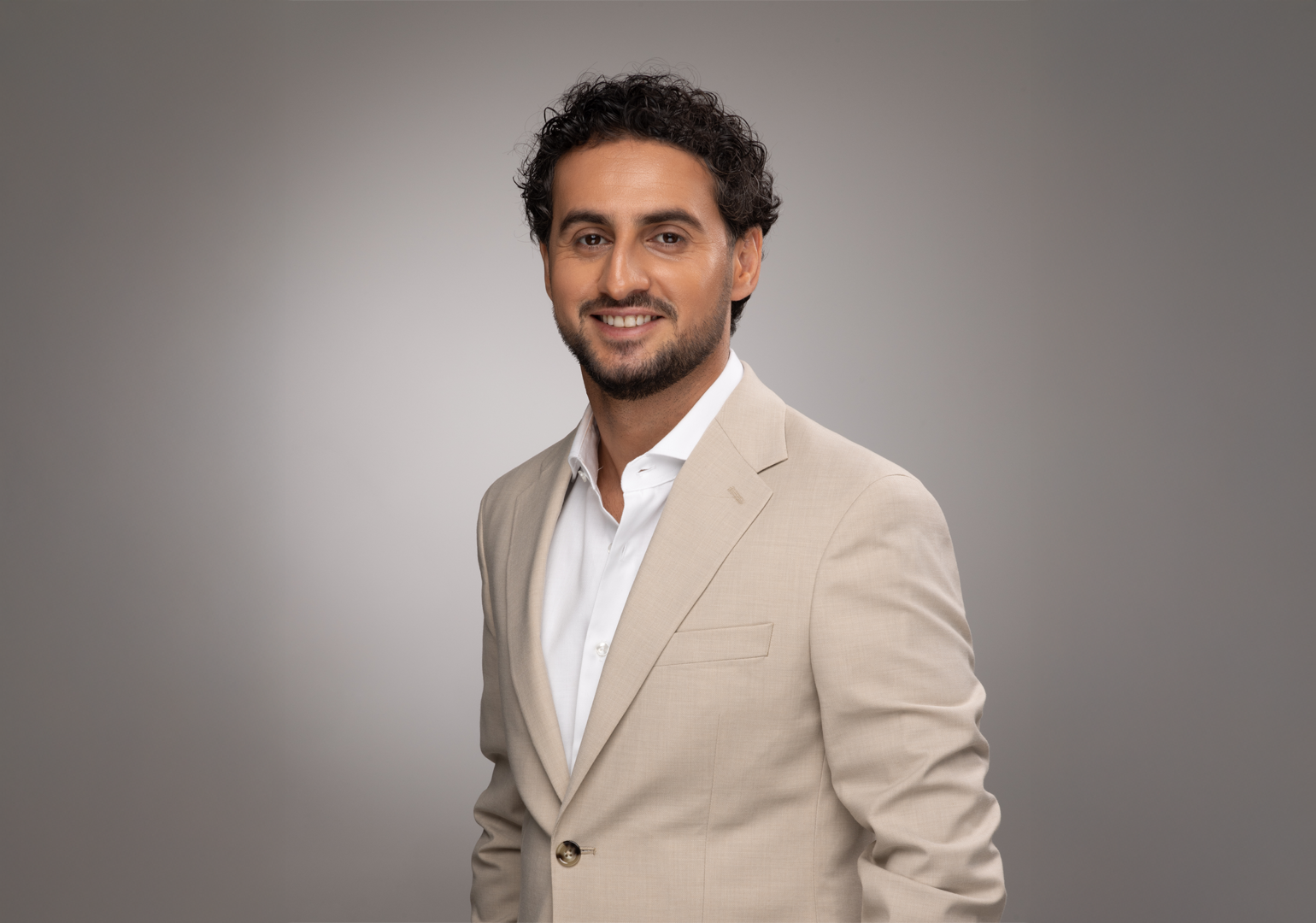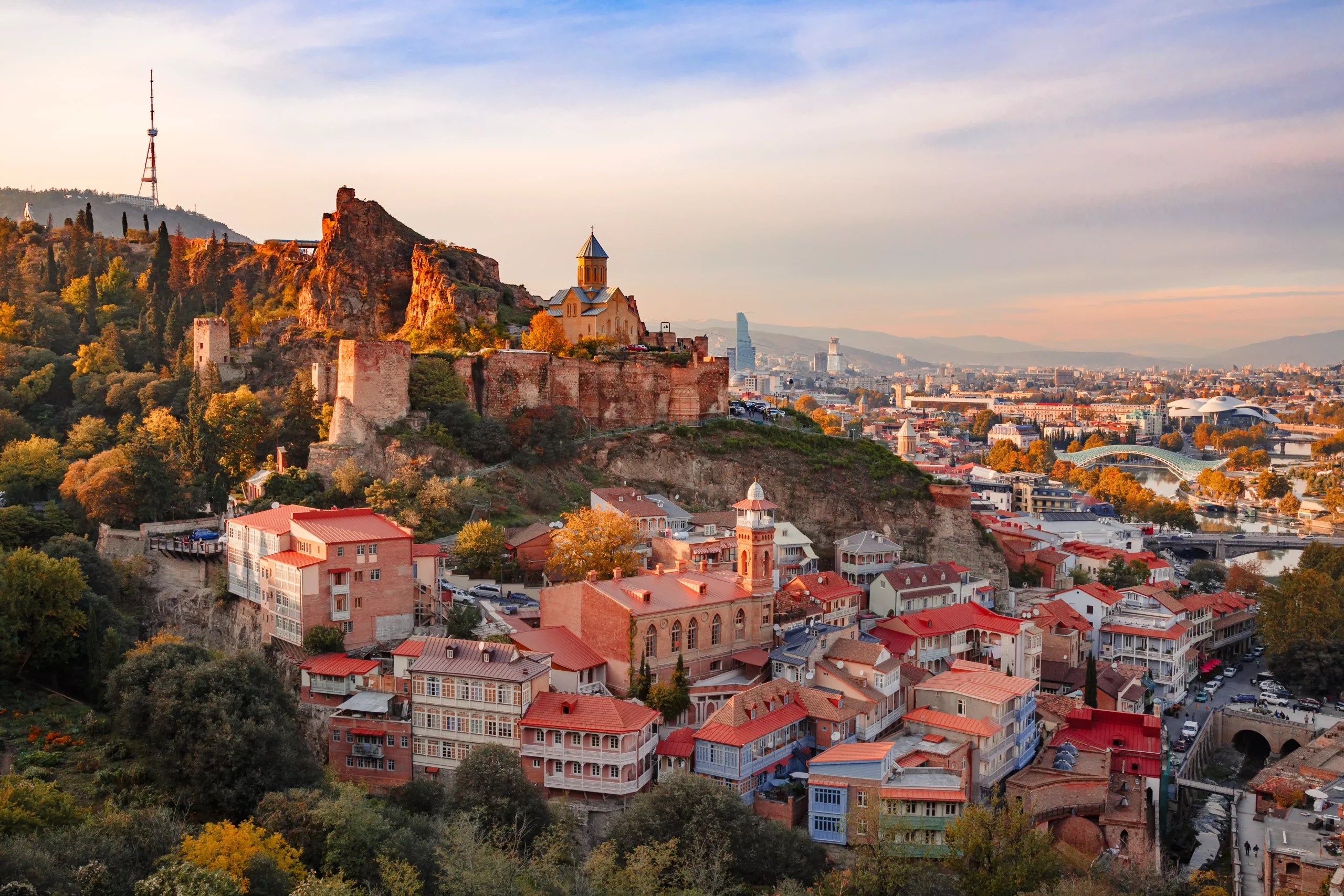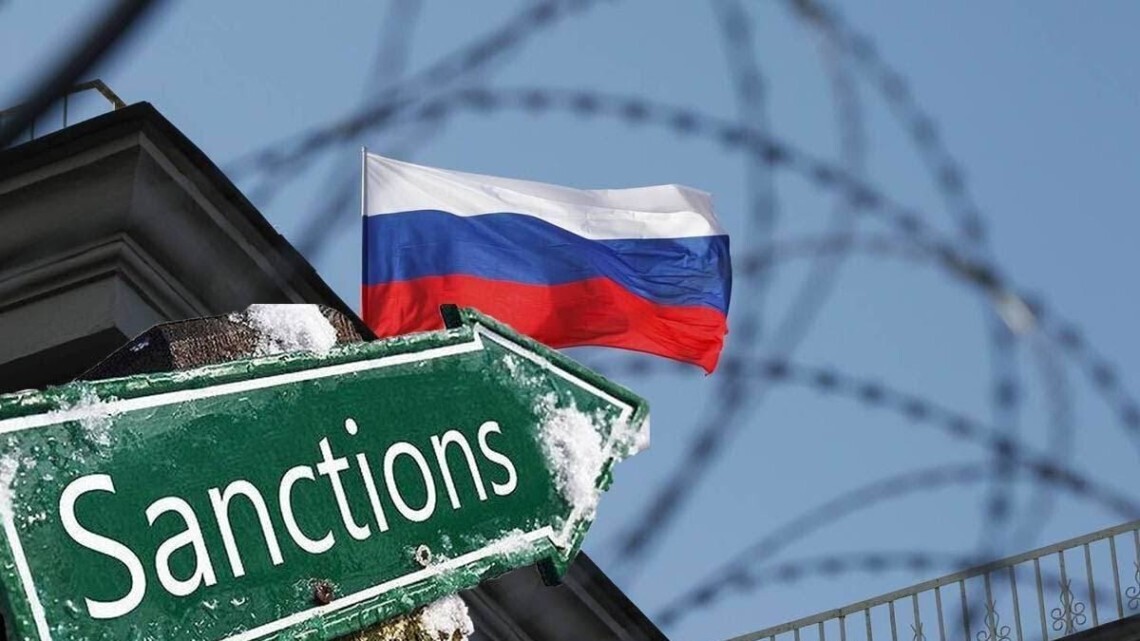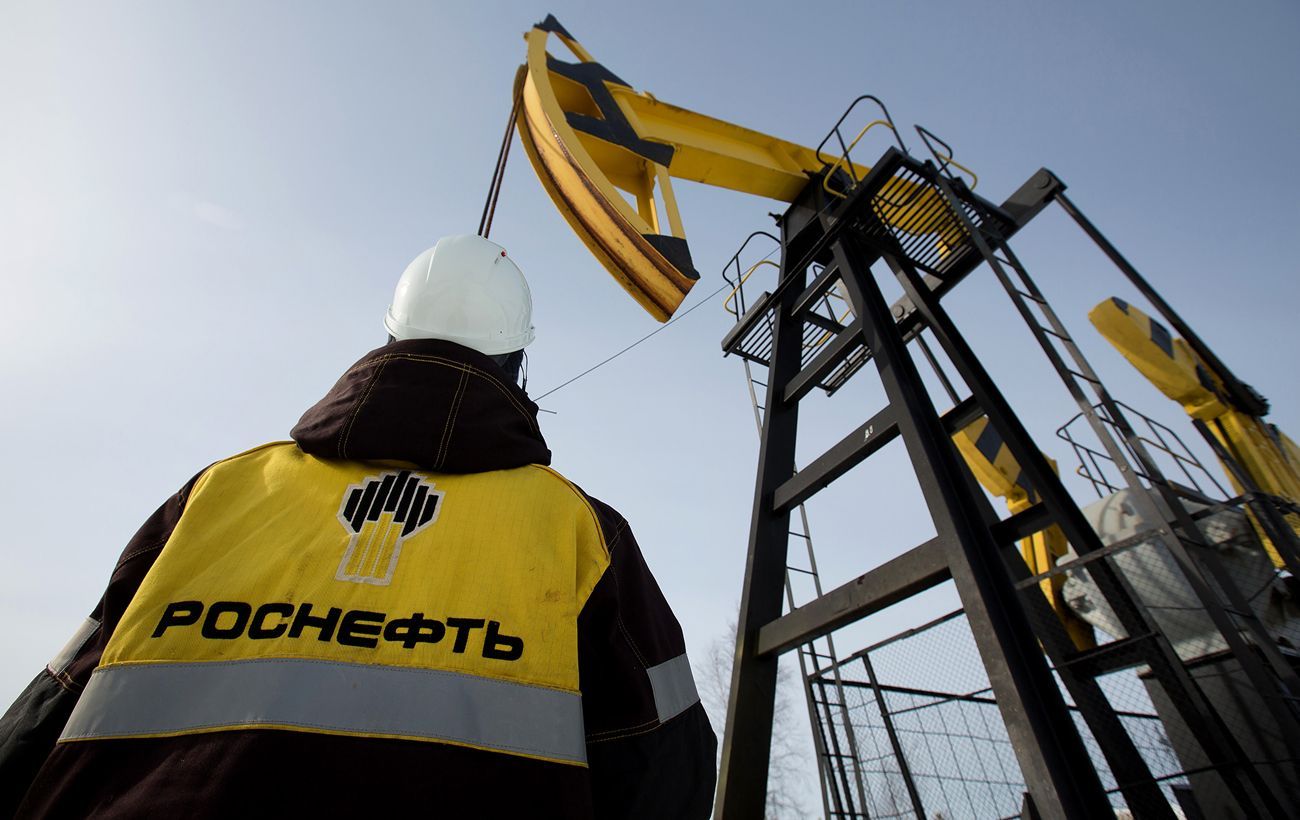We leave in an era of globalization. In a world of intersection identities and fluid boundaries global citizenship has increasing value. Global citizens, see themselves as a citizen of the world, they have civic responsibilities to the world as a whole. No matter where they grew up, they will priorities the interests of the entire world, because to them that is the right thing to do. People and countries of the world are interconnected and interdependent. By expanding our horizons through global thinking, we are able to effect change more efficiently on both a small and larger scale, including international agreements, conventions, treaties related to global issues, advocating for greater international cooperation with other nations, respect cultural diversity and build relationships with people from other countries and cultures.
“We all have different inspirations, but one goal. A better world (Arguello).” Lots of people would say that the world is divided into parts: continents, countries, et., and every person belongs to a specific place, they are taught to love their home and support it to their greatest capabilities and most of the time that’s exactly what they do, because people are biased and everybody wants the best for something that is theirs. This is not the case for everyone though, global citizen is someone who sees themselves as a citizen of the world. Every country, every city, every corner of the earth is their home and their duty.
Whether you agree with their cause or think their way of thinking is heresy, one can’t deny that they are trying to make the world a better place. They address issues like poverty, inequality and sustainability of the planet and try to make a change. They’ve created a program, appropriately named “Global Citizen” to call on world/corporate leaders and philanthropists to do their part. For example, Hugh Jackman is an outspoken advocate for equality and elimination of poverty. He’s worked with Global Citizen for years and often appears on festivals to help put an end to extreme poverty around the world.
First signs of globalizations were seen all the way back in ancient Greece. A famous Greek philosopher, Socrates once said “I am a citizen, not of Athens or Greece, but of the world (Socrates)”. The researchers suggest that early globalization was a strategy for societies to grow through migration and conflict with other, distant societies when a society’s carrying capacity started to overload.
I suppose one can say these cosmopolitans do the things they do for the greater good, but most really don’t go to such extremes. A global citizen can be just a person who understands that they are a part of a broader world and that they want to and do make a positive contribution. The rest of the population chooses to turn a blind eye to previously listed problems, to them ignorance really is bliss. Perhaps occhiolism scares them.
World citizens build individual understanding of world events, they develop their own values and decide what’s important to them. They grok that they have the power to act and influence the world around them, especially with more and more people joining them. Strategy wins battles, but numbers win wars. Which is why they put a lot of effort in education, they show young people that they have a voice. The world may be changing fast, but they can make a positive difference and help build a fairer, safer and more secure world for everyone. With this they also challenge the previously brought up problem of the general public’s ignorance. The danger of ignorance is perfectly depicted in George Orwell’s book, “1984 (Orwell)”. The book is set in a dystopian world where the government rules all. With this book Orwell was warning us about totalitarianism and people remaining ignorant about their very lives. War isn’t peace, freedom isn’t slavery and ignorance isn’t strength.
Global citizenship however isn’t all sunshine and rainbows. One major downside of being a global citizen means that one is less likely to promote interests of one’s own country. They may not feel an attachment to their country and not focus on its problems. This is a much bigger issue that most would realize. The government spreading propaganda about their country and the senior citizens trying to get youngsters to fall in love with their country isn’t for nothing. If people don’t care for their country it’s gonna fall apart, no one would fight for it and no one would help it develop. A great example is our own country, Georgia. The grown-ups are constantly trying to make kids care about their deteriorating country, so that when they grow up, they will make a change, turn the tides. It is important to take action at the local level as well as speak on matters that affect the entire world.
One country cannot entirely fend for itself. When we take a broader perspective, we are still interdependent on each other. On the flip side, the more connected we become, the more vulnerable we are to a major crisis in another country spreading to our country. The more we are linked, the more we put all our eggs in one basket and the less adaptive we become to unforeseen changes. This was demonstrated in the financial crisis of 2007 to 2008, which devastated the financial sector worldwide.
Say you want to become a global citizen, you want to help the world develop, but it can still feel very overwhelming, this is an entire planet we are talking about and you are just one person, what can you possibly change. The truth is any act no matter how minor it may be is already a positive change, you see a bottle laying in the street, if you pick it up and throw it away that’s still something, it may not be on the same level you heard some others do, but helping the world isn’t about competing with each other now is it. If every citizen would dedicate his/her time to address certain issues in their local communities, then the world would start healing. If every citizen was aware of problems that people are encountering, and would try to tackle them, then the world would change dramatically. We often forget that we have moral responsibility and obligation to contribute to the world we are living in.
While the conflict of interest is definitely an issue, otherwise cosmopolitism seems to be an objectively good thing. Their mindset is needed to tackle issues such as world hunger and climate change. People need to be able to see beyond their own borders in order to make the world a better place. “No man is an island. Every man is a piece of the continent, a part of the main (Donne)”.
Bibliography
Arguello, E. (n.d.).
Donne, J. (n.d.).
Orwell, G. (n.d.). 1984.
Socrates. (n.d.).
https://medium.com/@globalcitizenship2017/5-exemplary-models-of-global-citizen-90301d94a608












